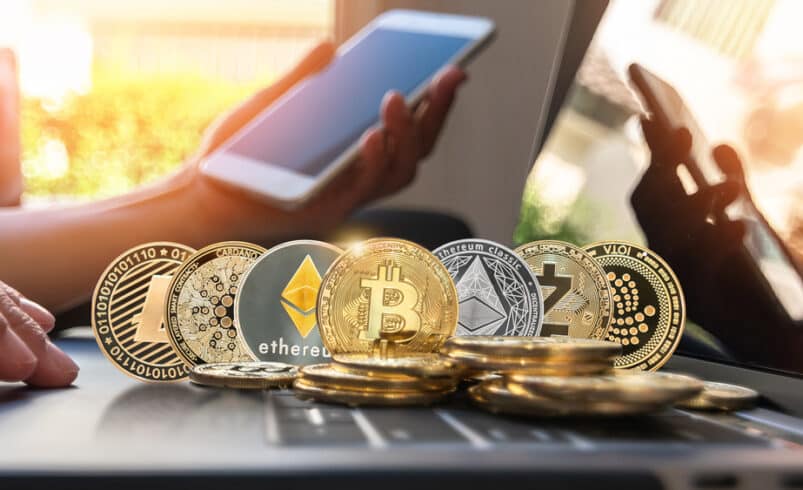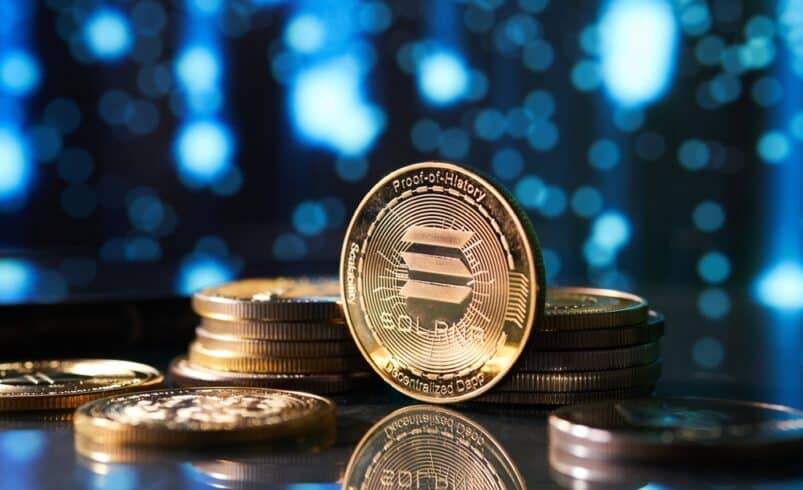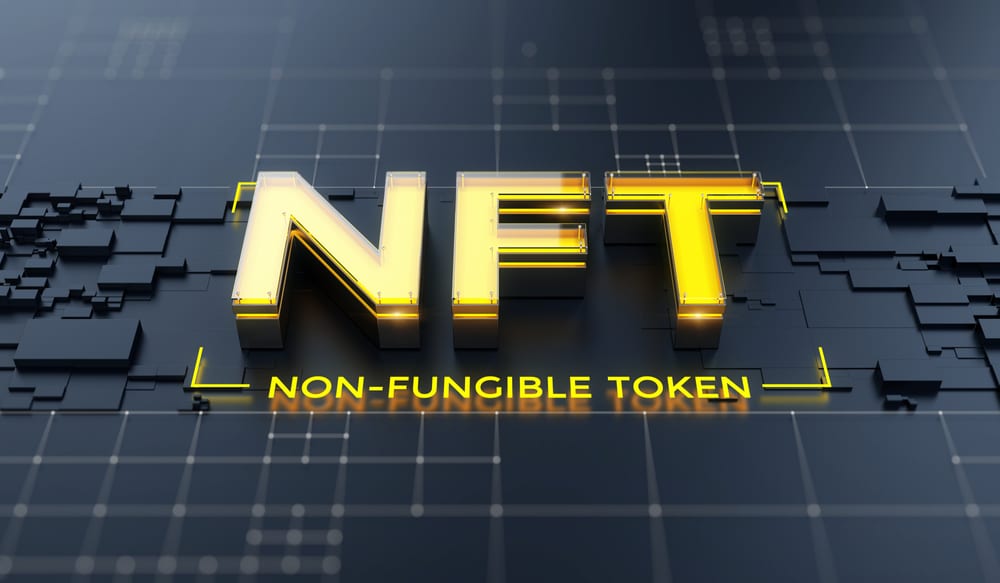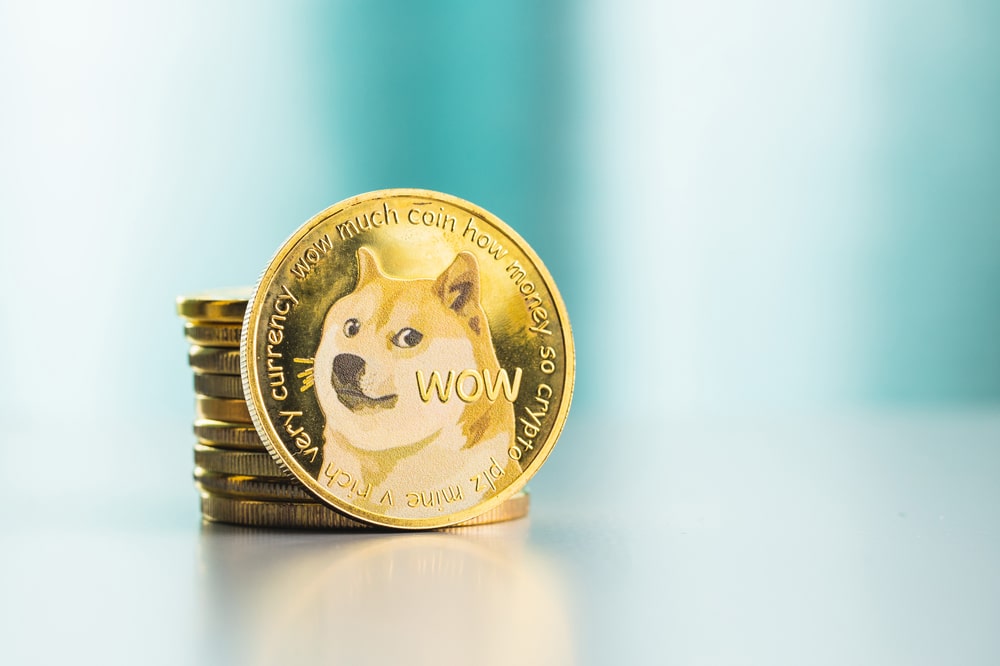Beginner’s Guide to Understanding Functionality and Purpose of Exchange Coins and Tokens

Exchange Tokens
An exchange coin is a cryptocurrency provided by a crypto exchange. The coins serve utility functions within the ecosystem of the issuing exchange. For instance, most coins offer discounts on trading fees when utilized to pay for transactions on the exchange.
Staking is another common utility that entails users staking their exchange coins to acquire awards, for instance, extra tokens and coins. Holding exchange coins primarily offers users access to unique services or features on the exchange, for instance, premium client support or participation in initial exchange offerings (IEOs).
Main Differences Between Exchange Tokens and Exchange Coins
It all comes down to whether a cryptocurrency is a blockchain’s native coin or is developed upon it based on a preset token standard. For instance, BNB is the BNB Smart Chain’s native cryptocurrency and powers the Binance Exchange. It must be correctly categorized as an ‘exchange coin.’
The KuCoin Token is the KuCoin exchange’s coin. Since it is an ERC-20 token running on Ethereum, it must be properly defined as an ‘exchange token.’
In the later stages of a project’s life cycle, the team might create its blockchain and move its current exchange token to the native network. For instance, Cronos, the Crypto.com exchange coin, began as an ERC-20 token on Ethereum.
However, the project moved the token to the Cronos blockchain in November 2021, where it currently serves as a native coin. This dichotomy is present within the crypto sector. For instance, Ethereum serves as the Ethereum network’s native currency, while Tether is an Ethereum token running on the network as somewhat of a tenet.
Reasons to Invest in Exchange Coins and Tokens
Token Burn Mechanisms
Beyond fee discounts, the tokens mostly play a role in token-burning mechanisms. In this case, some of the tokens are periodically destroyed to minimize the total supply.
The tactic can boost the token’s scarcity and value over time. For instance, Binance often carries out token burns for BNB, seeking to improve its long-term monetary value. These types of mechanisms develop a potential appreciation in token value, offering a tangible return on investments.
Trading Fee Discounts
Exchange coin holders primarily benefit from reduced trading fees on the exchange, which may be a considerable cost-saving strategy for day traders. For example, BNB users benefit from discounted trading fees on Binance, directly reducing transaction costs.
Governance
Most platforms allow tokenholders to be a part of governance decisions, voting on proposals that can mold the exchange’s future. Democratizing decision-making can empower investors by offering them a voice in issues such as fee structures, new listings, and protocol upgrades.
Yield Generation
Investing in exchange coins and tokens can be a way to make yield via staking and other decentralized finance activities. Most exchanges provide staking programs where tokenholders can lock up their assets to back network security and operations for staking rewards.
Popular Exchange Coins and Tokens
BNB is the market’s most famous exchange coin. It is native to the Binance exchange and has a 24-hour trading volume that quadruples that of Bybit, its nearest rival.
For investors seeking a well-rounded and possibly lucrative digital asset, BNB is a promising option with a robust basis for future growth. The Bybit Token is the Bybit exchange’s native ERC-20 token and is one of the quickest-growing exchanges.
GateToken (GT) is Gate.io’s native ERC-20 token and offers trading fee discounts. This makes it attractive for active traders.
OKB is OKX’s native coin, and its holders acquire considerable discounts on trading fees. Besides, it carries out periodic burns to minimize OKB’s overall supply, enhancing the token’s scarcity and possibly boosting its value over time.
Expanding Exchange Coins’ Utility
Exchange coins are not as popular in the payments ecosystem as digital currencies. However, they still have a place.
For instance, BNB is utilized by Shopify merchants as a payment form via incorporation with crypto payment processors such as CoinPayment. In some places, Takeaway.com accepts Binance for food deliveries.
Several traders and services utilize OKB for payments. It is vastly used to purchase goods, services, and travel bookings.
DISCLAIMER: It's essential to understand that the articles on this site are not meant to serve as, nor should it be construed as, advice in legal, tax, investment, financial, or any other professional context. You should only invest an amount that you are prepared to lose, and it's advisable to consult with an independent financial expert if you're uncertain. To obtain more information, kindly examine the terms of service and the assistance and support resources made available by the issuing or advertising entity. Our website is committed to delivering accurate and unbiased news, yet it's important to note that market conditions may change rapidly. Also, be aware that some (but not all) articles on our site are compensated or sponsored.








